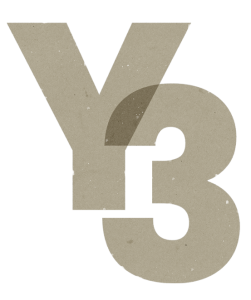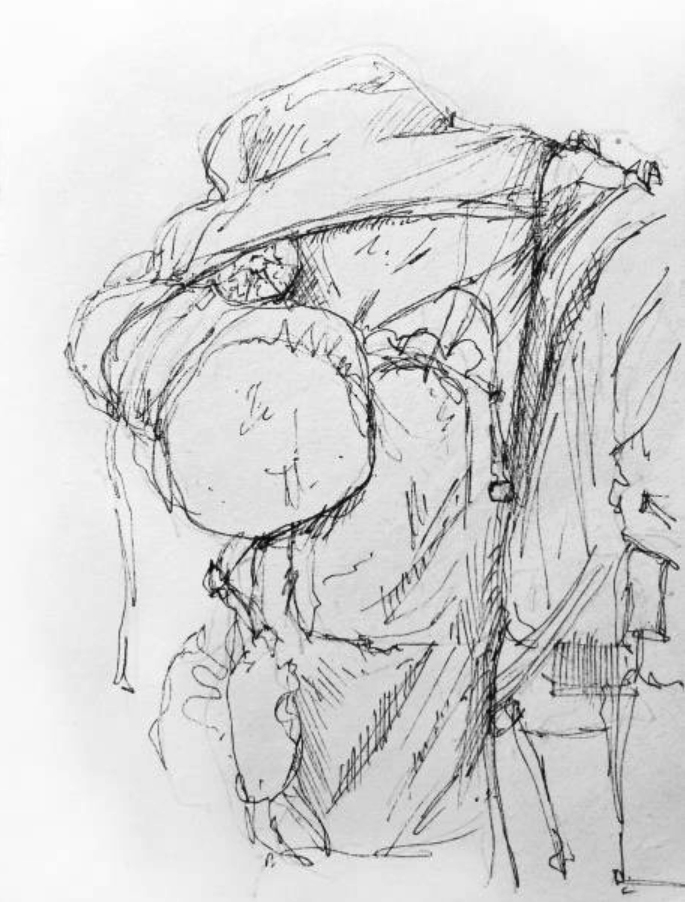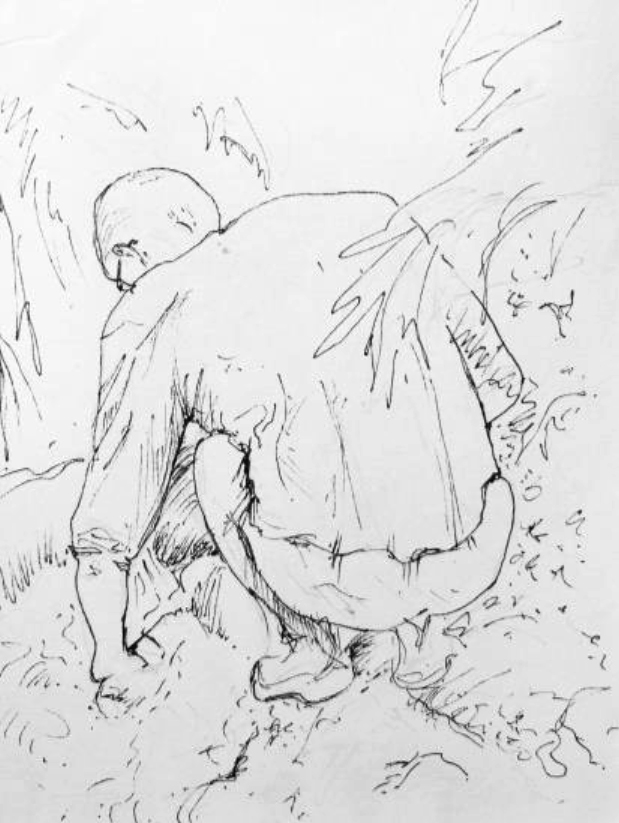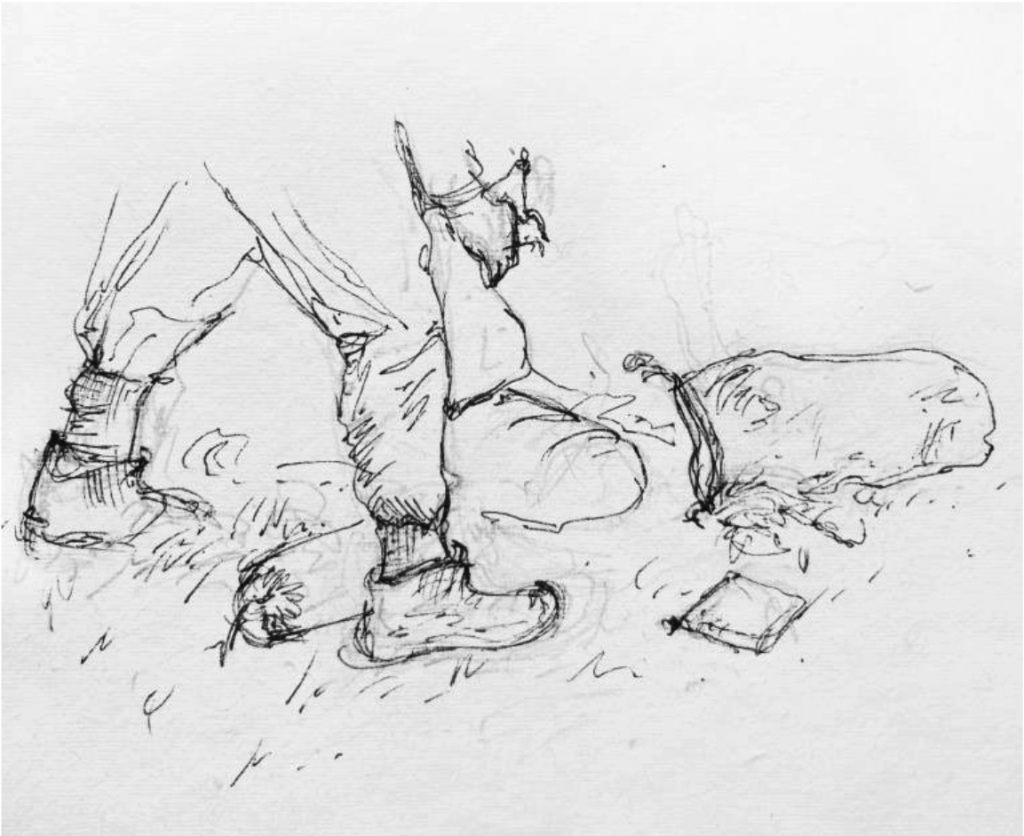
SUPPORTING MODULE
DISSERTATION
AA3HTA
In third year, students work on their first self-directed original research, on a topic of their choice, to produce a 5,000 words dissertation. The research is primarily driven by the student, with the support of their supervisor, giving them the opportunity to engage with current debates within the historical, cultural, technological and social concerns of architecture and urban design.
The module encourages a creative process of enquiry, with emphasis on primary research, which requires students to be rigorous, systematic and most importantly, critical. This enables them to examine a diverse range of case studies by engaging with relevant theories and academic debates, rigorous ethics review, qualitative methods, aligned with their supervisor’s expertise. Students develop insights into the complex network of relationships between contemporary society and the built environment, and acquire skills relevant to their future professional practice.
This year dissertations investigated an array of relevant topics such as the future of office spaces, adaptive reuse, minimalism in UK domestic architecture, third places for the intergenerational city, modern interventions in historic buildings, community resilience relevant to flood planning, memory of paces in video games, and post-phenomenological exploration of walking.
Module Convenor: Penélope Plaza
Supervisors: Amy Butt, Lorraine Farrelly, Oliver Froome-Lewis, Stephen Gage, John Harding, Penélope Plaza, Flora Samuel, Carolina Vasilikou, Izabela Wieczorek.
In third year, students work on their first self-directed original research, on a topic of their choice, to produce a 5,000 words dissertation. The research is primarily driven by the student, with the support of their supervisor, giving them the opportunity to engage with current debates within the historical, cultural, technological and social concerns of architecture and urban design.
The module encourages a creative process of enquiry, with emphasis on primary research, which requires students to be rigorous, systematic and most importantly, critical. This enables them to examine a diverse range of case studies by engaging with relevant theories and academic debates, rigorous ethics review, qualitative methods, aligned with their supervisor’s expertise. Students develop insights into the complex network of relationships between contemporary society and the built environment, and acquire skills relevant to their future professional practice.
This year dissertations investigated an array of relevant topics such as the future of office spaces, adaptive reuse, minimalism in UK domestic architecture, third places for the intergenerational city, modern interventions in historic buildings, community resilience relevant to flood planning, memory of paces in video games, and post-phenomenological exploration of walking.
Module Convenor: Penélope Plaza
Supervisors: Amy Butt, Lorraine Farrelly, Oliver Froome-Lewis, Stephen Gage, John Harding, Penélope Plaza, Flora Samuel, Carolina Vasilikou, Izabela Wieczorek.
Research Clusters:
Architects as makers and shapers of our built environment: landscape, urban design, housing
Flora Samuel, Stephen Gage, John Harding
Public space, street actions and urban activism: architects as agents for social change
Oliver Froome-Lewis, Carolina Vasilikou, Penélope Plaza
Imagination, matter, and narratives of the sensorial and relational nature of architecture
Lorraine Farrelly, Izabela Wieczorek, Amy Butt
Highlights:
Clara Everest, Minimalism and Its Uptake in Domestic Architecture in the UK: Practice Perspectives. FS
Tom Rogan, Modern Intervention in Historic Buildings: A Study into the Renovation of Historic Buildings with Regard to History and Memory, Using Bristol Old Vic Theatre as a Case Study. SG
Sofia Sergiou, Efficient Natural Forms: An Exploration into Curved Folding, Cellular Structures and Light. JH
Harvey Warren, A Post-Phenomenological Exploration of Walking: Technology from The Highlands to the High Street. OFL
Yann Bracegirdle, A Holistic Approach to Community Resilience Relevant to Flood Planning in Reading. CV
Oreoluwa Ijinigba, Exploring Our Lady of Peace Table Tennis Club as a Third Place and its Contribution Towards an Intergenerational City in Reading. PP
Toby Barlow, What is the Future of Offices and how do we design them? LF
Rory Dalziel, Memory and Future: Investigating the potential of radical adaptive reuse as a means to extend the life of a building. IW
Saeed Mohamed Alqubaisi, The Architecture of Runescape: Going on a Memory Wagon Through Gilenor. AB



